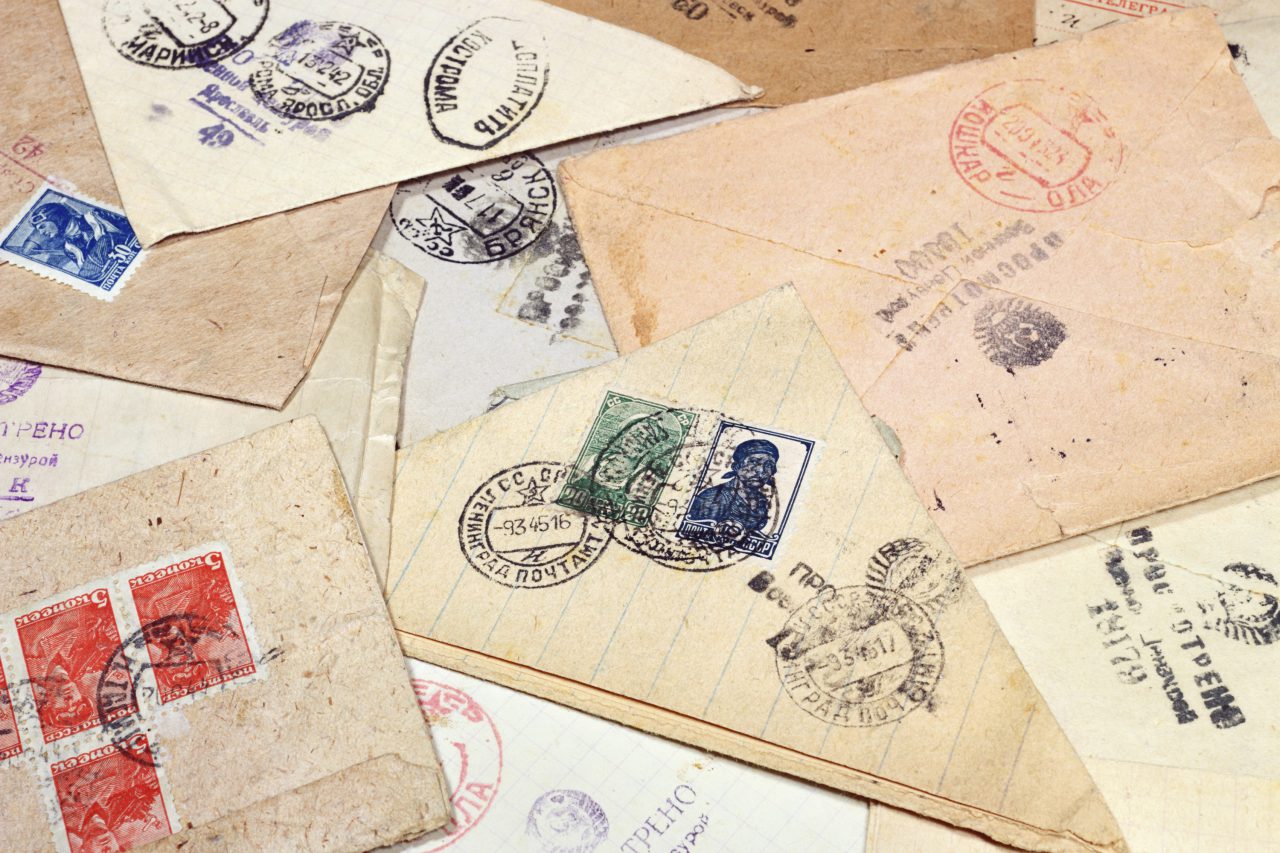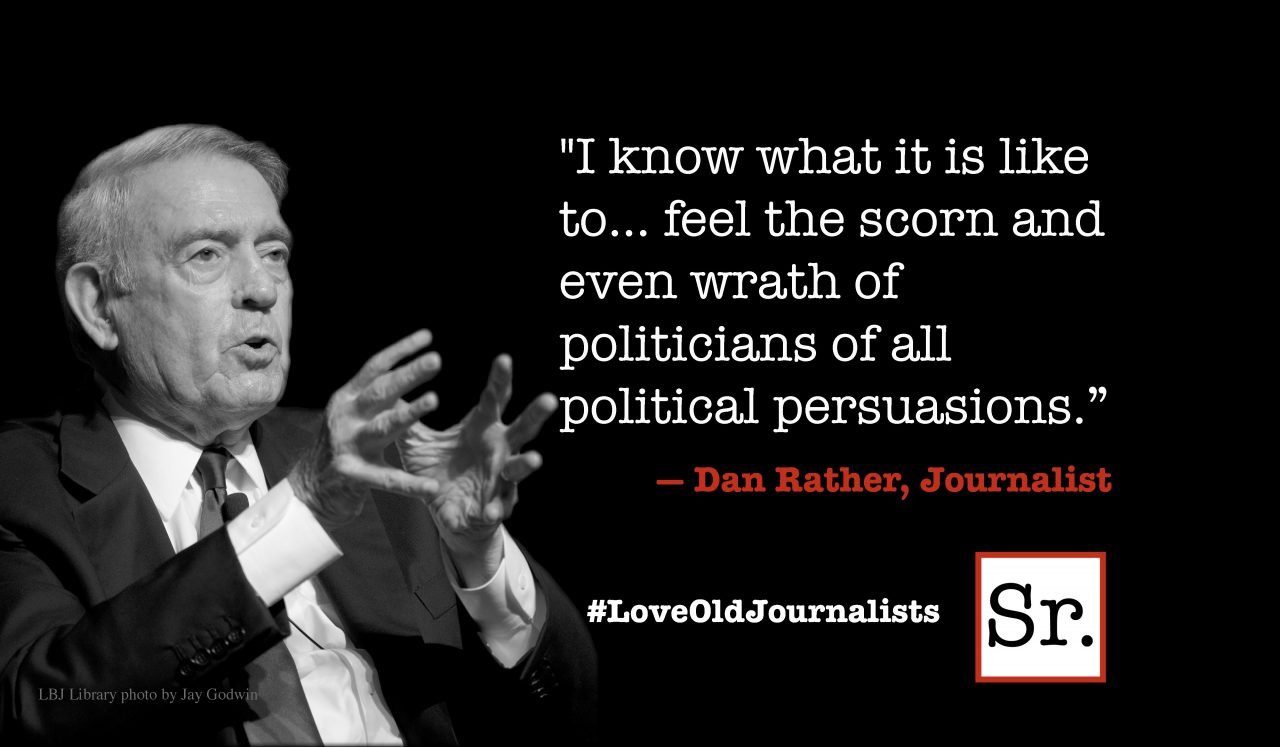In Czechoslovakia in 1945, near the end of the war in Europe, our tank outfit was under orders to hold our ground and not advance. Actually, the German troops had withdrawn so there was a casual disorder in the area.
A great number of refugees were freed and roamed around looking for relatives, friends or anyone that could give them food and encouragement. I remember one man in particular, cleaner than most and very persuasive. He wanted to work for us and managed to convince us that we needed a barber and that he was the man.
His name was Dionys Kubinyi. He was Hungarian-born and raised in Bratislava, Czechoslovakia. Soon he was dressed in khakis, combat boots, etc.
We liberated barber tools and Dionys (Dennis) was in business. The “Pilsen Barber Shop,” shave and a haircut — one mark. Business was good for Dennis, and he was eating regularly for the first time in years. During this time the Eighth Army was broken up, and Dennis tagged along with me and the 83rd Infantry Division to Ebensee, Austria, a beautiful spot now a resort.
The Hotel Stienkogel, high in the Austrian Alps, was our new headquarters. The hotel had a barbershop in the lobby, so Dennis was now really in business. However, he was depressed as he had not seen or heard of his family (wife, daughter and mother-in-law) since the German “Stukas” strafed their refugee column in the early 1940s.
Through the International Red Cross we located Dennis’s family in, of all places, Linz, Austria, less than 50 miles away. It wasn't all good news, though, as Linz was in the Russian zone of Austria. So, it was time to set protocol aside and let American ingenuity take over.
I painted a star on my helmet (somewhat like the star of a brigadier general). I borrowed a Red Cross ambulance from the motor pool. I threw in a couple of musette bags full of “D” bars, “D” rations, two Zippo lighters, some Chelsea cigarettes and a dozen cans of GI shoe dubbing for bargaining tools.
So, with Dennis (who spoke Russian), the ambulance driver and a one-star general (who shall remain anonymous) the ambulance took off for the former forced labor camp in Ebensee near Linz.
The trip to Ebensee was an unforgettable experience. The one-star general even shed a tear. This family had given up hope of ever seeing one another again. But there they were all together Dennis, his wife, their daughter, who was now eight years old, his mother-in-law, and brother and sister-in-law. I enjoyed meeting his family and still have many pleasant memories of that beautiful reunion.
In January 1946, my turn came to leave Europe and return to the United States and home, and I headed for Bremerhaven and the Victory ship Waterbury for the trip.
After settling down and returning to civilian life, I corresponded with Dennis. My family sent clothes and care packages to Dennis and his family. Then, in 1950, they emigrated to Toronto.
In 1952, my wife Bonnie and I visited them in Canada. To Bonnie's surprise Dennis’ daughter Gabrielle was wearing a dress that had once been one of her own favorites.
We were happy to have Dennis and his wife Maria visit us twice in Phoenix. We learned Gabrielle was an honor student and had earned a scholarship to Cambridge University in England (where she earned a doctorate in medicine).
In 1998, Bonnie and I visited Ebensee, which had become a beautiful resort. We stayed several days in the same hotel in which Dennis and Maria stayed on their visits to Europe. The innkeeper remembered them and was saddened to hear of their passing.
Dennis and Maria owned a barber shop and needlepoint/frame shop in Toronto. They gave us a needlepoint picture with a view of Ebensee and the mountains as seen from the Hotel Steinkogel. So beautiful. Another needlepoint gift had a verse Bonnie had given them. It was very special:
What we are is God's gift to us
What we become is our gift to God
I'll always remember and cherish the relationship we had with Dennis and Maria and the chance to help a fellow man find his lost family in our troubled war years.









